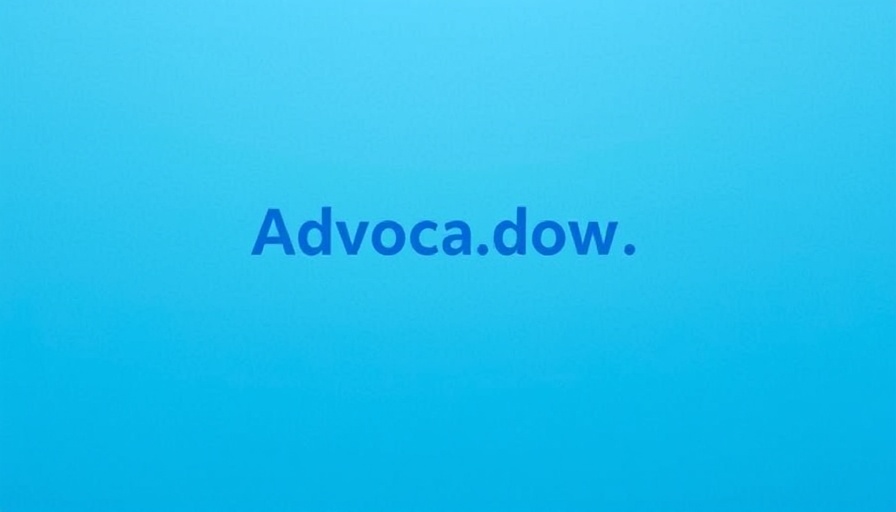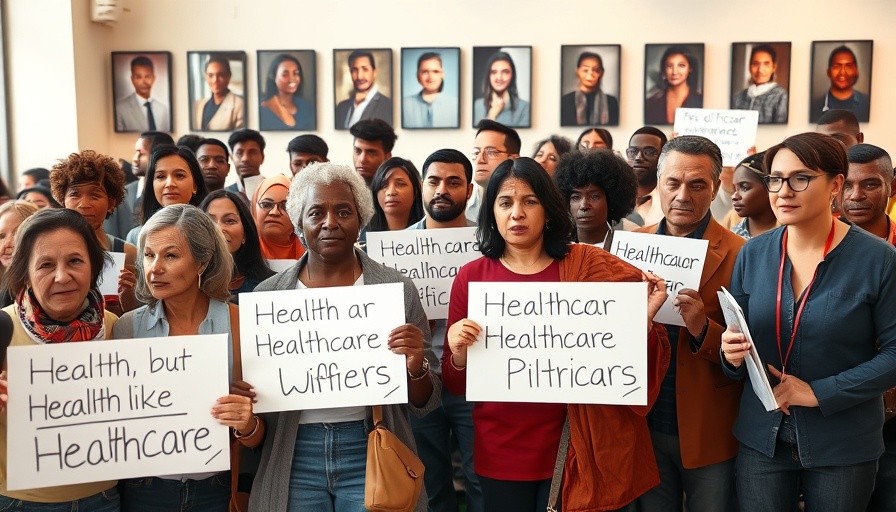
Understanding the Medicaid and SNAP Cuts Debate
The ongoing discussions in Washington regarding proposed cuts to Medicaid and SNAP benefits are reaching a critical point as the Senate gears up for a vote. These cuts, which could result in unprecedented reductions in necessary healthcare and nutritional support for vulnerable populations, especially older adults, have faced significant procedural hurdles. The controversy centers around Senate Finance's version of the budget reconciliation legislation, which proposes even more severe restrictions than those initially passed by the House.
The Impact of Proposed Cuts on Seniors
For many seniors, Medicaid and SNAP are lifelines that ensure access to essential healthcare services and food security. The potential cuts, positioned as part of broader budgetary reforms, could drastically limit states' ability to fund these programs. The Chancellor, along with health and human services advocates, has voiced concern that these measures disproportionately impact older adults, those with disabilities, and low-income families. With the Senate Parliamentarian's recent ruling that various health-related provisions of the bill cannot move forward without substantial changes, the fate of these programs hangs precariously in the balance.
Latest Updates on Social Security Administration Forms
Simultaneously, the Social Security Administration has introduced new and updated forms aimed at streamlining processes for disability beneficiaries. The SSA-792 form is a significant addition, allowing beneficiaries to continue receiving critical payments while appealing medical cessation decisions. This will particularly benefit those navigating the complex landscape of disability evaluations.
The SSA's form SSA-632 has also seen updates that reflect the agency's recent policy changes, allowing individuals facing overpayments to demonstrate financial hardship more conveniently. By exempting certain vehicles from financial calculations, the new forms are designed to make it easier for beneficiaries in dire financial situations to access the aid they desperately need.
Why Congressional Actions Matter Now
The urgency for action stems not only from the looming vote but from an immediate need for advocacy from constituents. Seniors must not remain passive observers in this legislative process. It is crucial for individuals reliant on these programs to voice their concerns and call their representatives to advocate against these destructive cuts. The long-term implications of these proposed changes could exacerbate already existing inequalities and health disparities in older populations across the country.
Consider the Broader Context
These legislative measures come at a time when the demand for healthcare services is skyrocketing, particularly among seniors. As life expectancy increases, so too does the need for sustainable support systems that extend beyond mere survival. Stripping away funding from Medicaid and SNAP could drive millions into poverty and deteriorate health outcomes, which ultimately places an undue burden on hospitals and community health services.
What Can Seniors Do?
It’s essential for seniors to stay informed and active in the political discourse surrounding Medicaid and SNAP. By urging senators and representatives to protect these vital programs, seniors can play a significant role in ensuring that their voices are heard. Advocacy groups and nonprofits are also equipped with resources to help individuals make effective calls to their lawmakers. Potential changes to these essential services will not only impact current beneficiaries but shape the life quality of future generations.
Final Thoughts: Stay Engaged
In closing, the unfolding legislative battles over Medicaid and SNAP signify a crucial moment for older adults and their supporters. The shifts in policy pose significant challenges to the well-being of one of society's most vulnerable groups. By being proactive, engaged, and informed, seniors can contribute to the growing movement advocating for the protection of these necessary lifelines. Remember to call your Senators and Representatives today at 202-224-3121 and advocate for the support older adults deserve.
 Add Row
Add Row  Add
Add 




Write A Comment